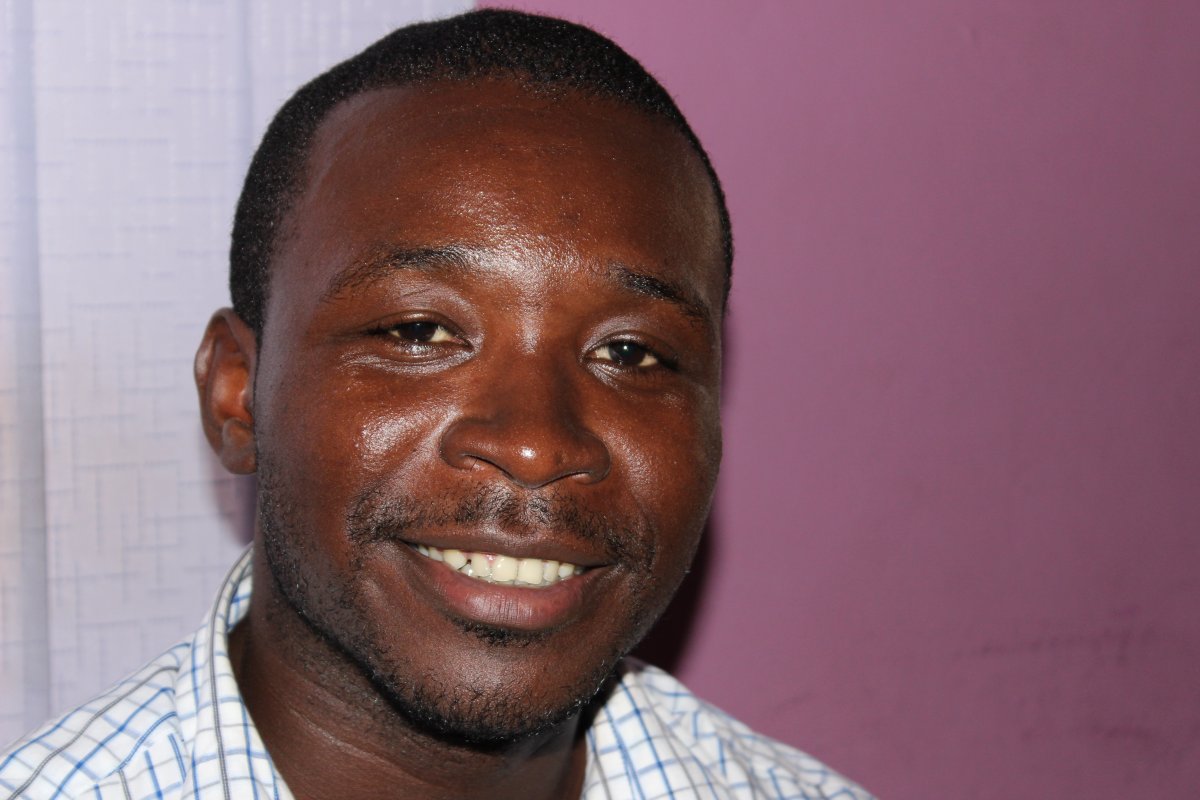Ashley Terry is a senior producer with globalnews.ca. In the spring of 2013, she is serving as an expert trainer with Journalists for Human Rights in Ghana as part of the Shaw Africa Project.

ACCRA – Ghana may soon join a dozen other African countries with access to information legislation.
It has been a long time in the making – the legislation has languished for a decade. But even if it is passed, some Ghanaian journalists don’t believe the law will change a thing.
Philip Kofi Ashon, manager at CitiFM online in Accra (where I am spending three weeks as a trainer for Journalists for Human Rights), thinks the legislation might pass but won’t be enforced.
In his opinion, the government works too slowly to provide the information journalists need to meet reasonable deadlines.
It is a similar refrain heard by journalists in Canada. Global News requests access to information from the government frequently, but rarely gets a prompt reply.
Often our requests are rejected or the agency asks for an exorbitant amount of money. When we do get information, at times it comes in thousands of sheets of paper.
Press Freedom Index
The annual Reporters Without Borders Press Freedom Index ranks freedom journalists have in various countries, and the effort made by governments to ensure press freedom.
In the 2013 edition released in early April, Canada is 20th and Ghana places 30th, but Canada dropped 10 spots from the year before, while Ghana rose 11.
Canada now ranks below countries like Niger, Namibia, the Czech Republic and Jamaica (now the Western Hemisphere leader).
The explanation for Canada’s drop was obstruction of journalists during the “Maple Spring” and Bill C-30.
The rising Ghana is generally seen as a model of African press freedom. President John Mahama has expressed support for the freedom of information bill, saying in late March that he has “no fear of the right to information bill… I think parliament should pass it.”
But Hector Boham, president of the Corruption and Fraud Audit Consortium Ghana, is not optimistic, saying, “The bill will not pass because of the lack of political will. The African politician is corrupt to the core and corruption thrives in secrecy.”
But, Boham continues, if “by god’s grace,” the law passes, it will be effective because it will be supported by the courts.
“Investigative journalists will no longer face any impediments as they investigate cases of high level corruption.”
Having the court’s support in obtaining information would be welcome news to Godfred Boafo, sports reporter at CitiFM.
He went to Ghana’s National Sports Authority (NSA) to investigate rumours that funds were misappropriated by the agency during the 2011 All Africa Games in Maputo, Mozambique.
Boafo asked to see receipts of expenditure on the Games, but was denied. The NSA said it needed to know why he wanted to see the receipts, and he declined to give details on his potential story.
What ensued after that, he said, was “hell.”
Boafo went to various sports associations in Ghana to get the information, but after they all rejected his request, he took to the radio to press for the creation of an investigative committee.
And that, at least, was successful – a parliamentary committee released a report in March that the speaker of parliament called “damning.”
The National Sports Authority is now being audited by the sports minister, but Boafo still hasn’t received any information.
He says even after the audit, “I still won’t be able to see the documents, I can bet you that.”




Comments